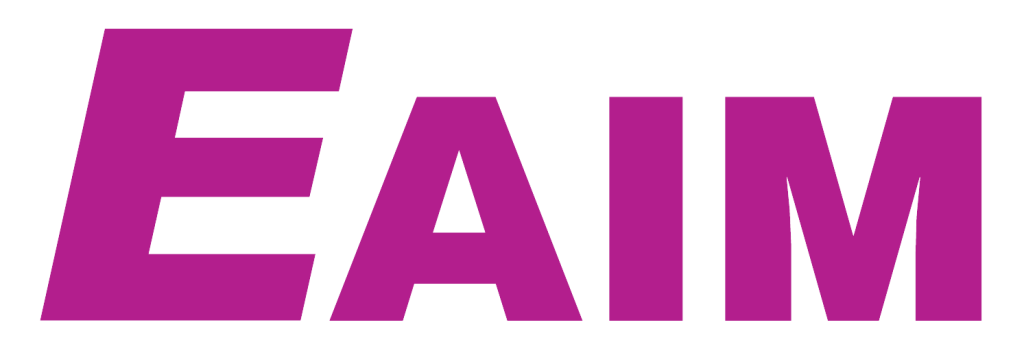What will the workplace look like in 2030? AI-driven recruitment, global hybrid teams, and skills we haven’t even named yet. In this fast-changing world, the leaders who shape people’s strategies will make or break organisations and HR sits right at the center of it all. HR leaders who adapt and build the right skills will be crucial in shaping future-ready organisations.
At EAIM, we prepare students not just for today’s HR roles, but for the leadership challenges of tomorrow. Here are the Top 5 Skills HR leaders need supported by research and how EAIM helps nurture them.
- Data and Digital Fluency
Human Resource is increasingly expected not only to use technology but to derive insights from it like spotting trends in people analytics, using AI in recruiting, predicting attrition, and measuring engagement. SHRM’s 2025 Talent Trends Report highlights that 36% of organisations now require HR professionals with strong data analysis skills, 31% demand AI expertise, and 21% look for cybersecurity knowledge. Reinforcing this urgency, the World Economic Forum forecasts that 39% of workers’ core skills will change by 2030. Digital fluency, therefore, is no longer optional, it is a core competency.
- Strategic Workforce Planning
Tomorrow’s HR leaders must anticipate skills shortages, redesign roles, and align talent strategies with business objectives. Yet according to Gartner, only 15% of organisations fully engage in strategic workforce planning, suggesting a major gap in the readiness. Mercer’s Global Talent Trends further shows that companies are shifting toward skills-based talent processes, proving that workforce planning is no longer optional but a strategic necessity. HR leaders who can connect talent decisions directly to business outcomes will play a decisive role in shaping organisational success.
- Change Management for Adaptability
Disruption is now constant, from AI adoption to the rise of hybrid work. HR leaders must be able to manage transitions with both agility and empathy, ensuring employees remain engaged through uncertainty. Gartner reports that 73% of HR leaders believe employees are experiencing change fatigue, while 74% say managers are not adequately prepared to lead through change. This highlights why adaptability is more than a personal trait. It is a leadership capability that helps turn change into opportunity and builds resilience across the workforce.
- 4. Empathy and People-Centric Leadership
In a world of increasingly diverse and globally connected workplaces, emotional intelligence and cultural awareness are as important as technical expertise. The World Economic Forum identifies that resilience, flexibility, leadership, and social influence among the top skills expected to be essential by 2030. Leaders who show empathy and foster inclusion can strengthen trust, enhance collaboration, and create environments where employees feel valued. Ultimately, people-centric leadership is what transforms a workforce into a community, driving both performance and loyalty.
- Continuous Development of Skills
The rapid pace of change means HR leaders must not only commit to lifelong learning themselves but also foster a culture of learning within their organisations. SHRM report highlights that 4 in 5 organisations struggle to find candidates with the skills they need, highlighting the urgency of reskilling and upskilling. Additionally, The World Economic mentions about 50% of workers are already engaging in training as part of long-term learning strategies, up significantly from 41% in 2023. For HR leaders, driving continuous learning is key to building a workforce that can thrive amid disruption.
Overall, the future of HR requires digital fluency, strategic foresight, adaptability, empathy, and lifelong learning. These skills are no longer optional and developing them now is key to shaping tomorrow’s organisations.
Learn more about EAIM’s HR programmes: https://eaim.edu.sg/human-resource-management/
References:

